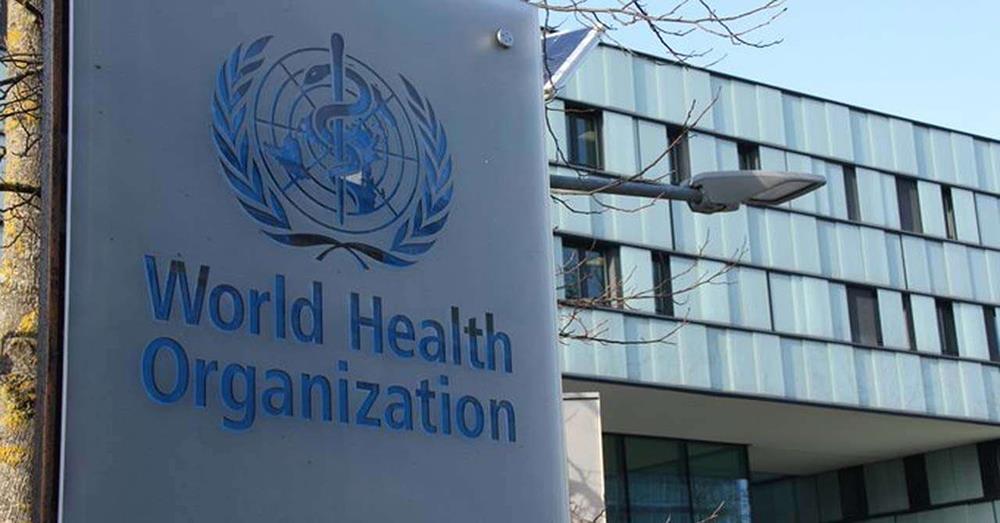WASHINGTON, Nov 26 (Reuters) - The discovery of a new coronavirus variant triggered global alarm on Friday (Nov 26) as countries rushed to suspend travel from southern Africa and stock markets on both sides of the Atlantic suffered their biggest falls in more than a year.
The United States will restrict travel from South Africa - where the new mutation was discovered - and neighbouring countries effective Monday, a senior Biden administration official said.
Going further, Canada said it was closing its borders to those countries, following bans on flights announced by Britain, the European Union and others.
The World Health Organisation (WHO) said it was designating the B11529 variant, named omicron, as being "of concern", a label only given to four variants to date.
But it could take weeks for scientists to fully understand the variant's mutations. Health authorities are seeking to determine if omicron is more transmissible or infectious than other variants and if vaccines are effective against it.
South Africa's Health Minister Joe Phaahla called the travel restrictions "unjustified", though he also said preliminary studies suggested the new variant may be more transmissible.
"This new variant of the COVID-19 virus is very worrying. It is the most heavily mutated version of the virus we have seen to date," said Professor Lawrence Young, a virologist at Britain's Warwick university.
"Some of the mutations that are similar to changes we've seen in other variants of concern are associated with enhanced transmissibility and with partial resistance to immunity induced by vaccination or natural infection."
Those worries pummelled financial markets, especially stocks of airlines and others in the travel sector, and oil, which tumbled by about US$10 a barrel.
Meanwhile, the scramble to ban air travel from southern Africa left hundreds of passengers on two KLM flights from Cape Town and Johannesburg stranded on the tarmac for hours at Amsterdam's Schipol Airport before they were transferred for testing.





